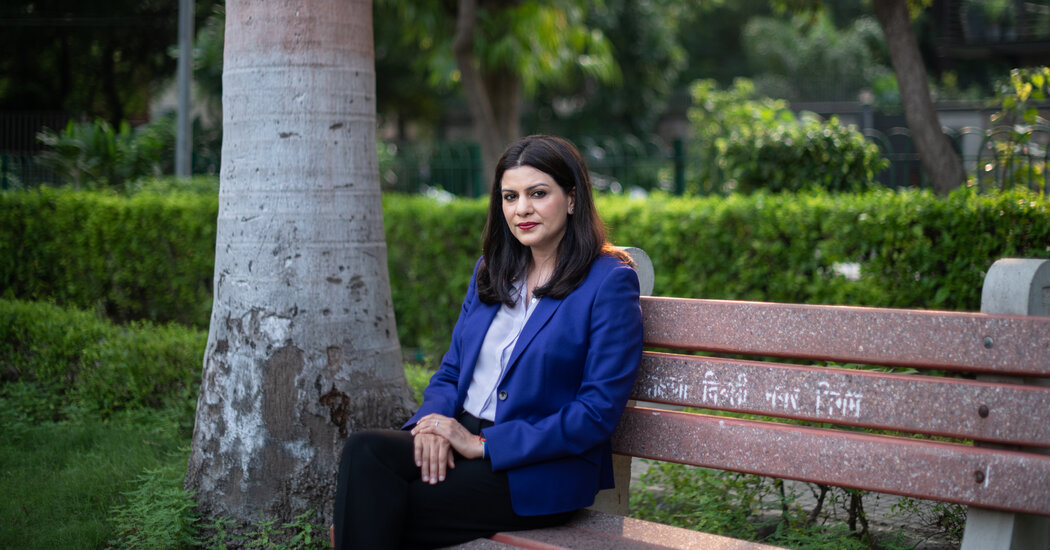
“There was a lovely Harvard shield,” Mr. Roy remembered. “I didn’t have the slightest doubt.”
Harvard says it fiercely protects its trademark, employing software to detect new websites that infringe on its brand, but Mr. Newton, the university spokesman, declined to say if it had detected HarvardCareer.com. The scammers continued to use it to send emails, capitalizing on Harvard’s reputation. They also copied employment documents from Harvard’s official website, using them as fodder as the scam advanced.
In February 2020, right before Covid-19 exploded across the world, Ms. Razdan was told the job was hers. It paid $151,000 a year, far more than she was making at NDTV. She received a lengthy contract that included everything from arbitration clauses to details about dental insurance. She was even sent information about how her new Harvard faculty ID would get her discounts at Boston-area museums. She could barely contain her excitement. In June 2020, she announced to the world, via Twitter:
“I am changing direction and moving on. Later this year, I start as an Associate Professor teaching journalism as part of Harvard University’s Faculty of Arts and Sciences.”
Congratulations poured in, from some of India’s biggest names, spreading the news even farther. Shashi Tharoor, an erudite opposition politician with millions of Twitter followers, lamented, “Will miss you, @Nidhi.”
No one at Harvard — which has many students and professors from India or who follow India closely — seemed to put two and two together: that Nidhi Razdan, the famous journalist, was announcing that she had a job at Harvard when there was no such job.
‘My pride’
Online classes were supposed to start in September. Ms. Razdan was sent a sheaf of forms, all on Harvard letterhead, for her visa application, salary payments and medical insurance. The documents were stolen from Harvard’s website, where the university made them publicly available.
Right before classes were to begin, she received an email saying there was a delay because of Covid-19. The scammers would use the pandemic many times as an excuse for delays or slip-ups.
They also asked her to install Team Viewer, which is software that enables computers to connect to each other. Team Viewer would allow the scammers to access files on her laptop, but Ms. Razdan didn’t know that. Trying to be helpful, she downloaded the software.
The scammers played off Ms. Razdan’s eagerness to connect with faculty members. Several times they invited her to do a video call with Emma Dench, a real dean at Harvard.



